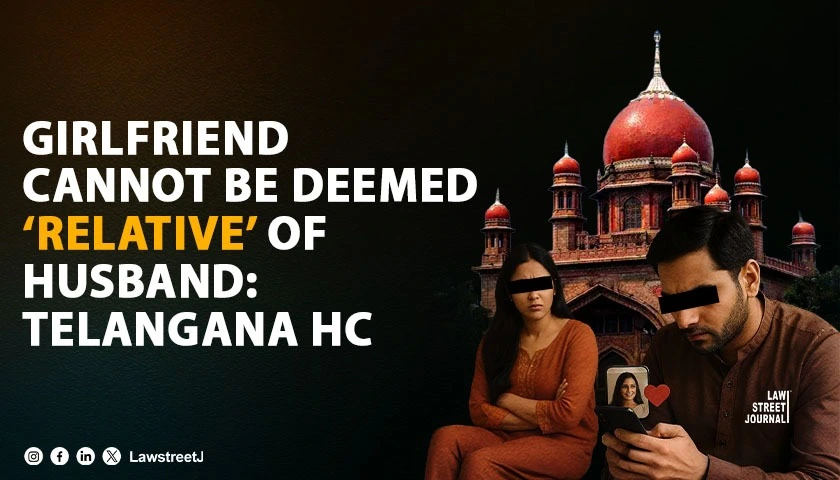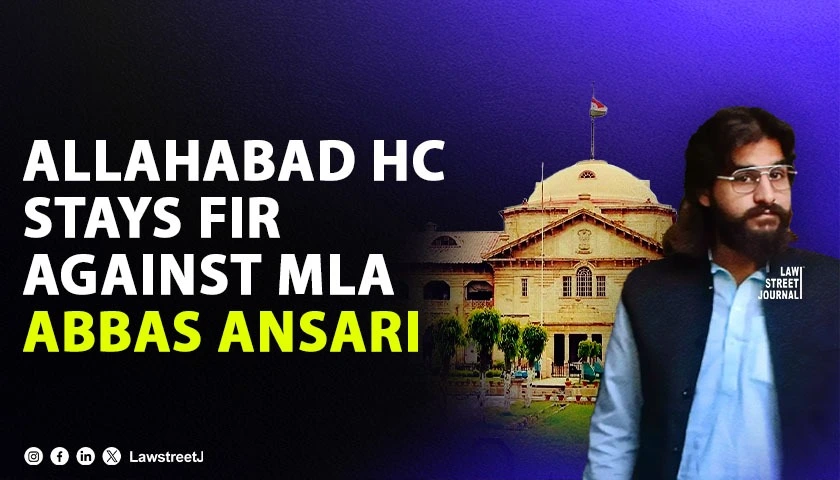The Bombay High Court recently quashed an FIR registered against a woman, a resident of Mumbai, for allegedly promoting enmity between religious groups.
The FIR relates to a tweet that the woman had posted, alleged to be accusative of a minority religious community for the spread of Covid-19 infections. The tweet in question includes a video recording of a gathering of people near the Bandra Railway Station whom a spiritual leader addressed. The video footage showed that the leader was trying to appease the angry crowd by stating that God brought about Covid-19 when a group member shouted back that the Prime Minister brought about the disease. The tweet expressed displeasure at this utterance and insinuated that the crowd belong to a particular community.
The Cyber Security Wing of the Maharashtra Police considered the tweet as promoting enmity between religious groups and filed a complaint against the accused invoking Section 153A of the Indian Penal Code,1860.
Aggrieved by the proceedings instituted against her, the accused approached the Bombay High Court under its writ jurisdiction under Article 226. In her petition before the High Court, the accused prayed for invoking the inherent powers of the High Court under Section 482 of the Code of Criminal Procedure, 1973 to quash the FIR filed against her.
A bench comprising of Justices S. S. Shinde and M. S. Karnik heard the matter.
Advocate Dr Abhinav Chandrachud appearing for the Petitioner, relied on several judgements of the Indian and American Supreme Courts to argue that the offence under Section 153A of the Indian Penal Code, 1860 is not made out in the case. The counsel argued that the Petitioner was not the author of the video, and she was expressing her displeasure without any intention to cause communal disharmony. The counsel also pointed out that the police have not filed a complaint against the video's author. Citing the judgement of the Supreme Court of India in Manzar Sayeed Khan Vs. State of Maharashtra, the Petitioner's side argued that to test should be how a strong-minded reasonable man will consider the speech and that there should be at least two communities involved in the case.
Senior Advocate Manoj Mohite appeared for the state in the matter. The Senior Advocate argued that the Petitioner amplified the weak voice of a single individual and compromised on her responsibility as a social leader and influencer. It was also argued that the Petitioner deliberately gave insinuation that the crowd belonged to a particular religion. It was further submitted that the Petitioner distorted the facts as the crowd was not gathered based on religion, but involved migrant workers who were attempting to go back to their home states and the religious leader was engaged by the police to control the sensitive situation.
After hearing the arguments from both sides, the court, in its judgement, elaborated the conditions that are to be satisfied to constitute an offence under Section 153A of the Indian Penal Code, 1860. The court observed that none of these conditions is fulfilled in the present case.
The court, in its judgement, stated that:
The right to express ones views is a protected and cherished right in our democracy. Merely because the point of view of the Petitioner is extreme or harsh will not make it a hate speech as it is only expressing a different point of view.
The court dismissed the petition after quashing the FIR.

![Bombay HC Quashes FIR Against Mumbai Resident for Tweets Allegedly Promoting Enmity Between Groups [READ JUDGMENT]](/secure/uploads/2021/05/lj_6928_bombay.jpg)







Lawyer Sonia Sep 29, 2023
I appreciate the Bombay High Court's commitment to upholding justice and social harmony. Their efforts in addressing issues related to promoting enmity between groups are essential for maintaining peace and unity in society. It's heartening to see the judiciary taking proactive steps to ensure a fair and inclusive society for all.